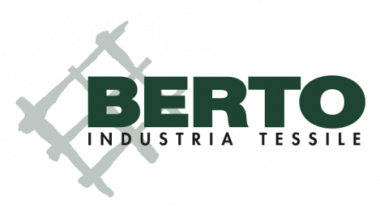TEXAID x PUMA partnership for Swiss RE:FIBRE take back program
As a leading company in the collecting, sorting, reselling, and recycling of post-consumer textile waste, TEXAID has enabled the recycling of post-consumer textile waste into new textiles and clothing. Working together with brands and retailers, TEXAID and their partners are continuing to take action to shift from a linear to a circular system.
Today’s linear system of «take – make – waste» needs to change. New textiles are produced used and discarded instead of putting them to a second use. The production of new textiles requires natural resources that are limited, and the current system has a significant negative impact on our planet. The transition to a circular system, where garments are kept in use for longer, is an opportunity to harness untapped potential around customer loyalty, economic growth, and ecological sustainability. To move away from the linear system and enable products to be made out of post-consumer textile waste, TEXAID continues to expand its offering for in-store collection programs throughout Europe and the USA
Aligned with the launch of the PUMA Switzerland 23/24 Women’s World Cup home jersey, PUMA and TEXAID have partnered for the Swiss division of their RE:FIBRE Program. PUMA is working to have a more sustainable, long-term solution for recycling polyester jerseys. To achieve this goal, they have developed their RE:FIBRE Program, which transforms textile waste, along with other used materials, into new textiles.
To enable this textile to textile program in Switzerland, specific feedstocks are requires, which is TEXAID’s role as the operator of the collection and sorting. Newly launched in the PUMA Zurich location at Jelmoli, customers can bring garments of all brands and deposit them in-store. TEXAID collects and sorts all deposited items, sending eligible polyester garments into the PUMA RE:FIBRE program, to be recycled into new garments. All other garments are channeled by TEXAID to their next life cycle.
TEXAID Textilverwertungs-AG












